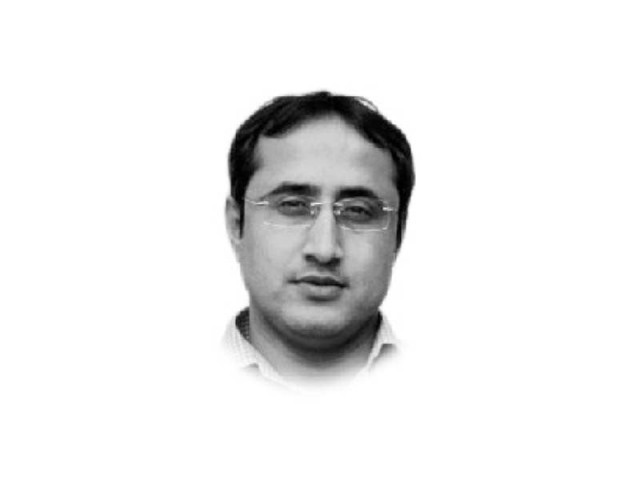Reforming electoral process
Present case for elections holds a constitutional position as outlined in the 1973 Constitution

Holding free and fair elections is one of the massive challenges encountered by all stakeholders. Financial and administrative independence of the Election Commission of Pakistan (ECP), impartiality of the judiciary, and freedom of the press are considered vital for a free and fair electoral process. However, imposing curbs on the media, limiting opposition parties’ ability to campaign freely and intimidating voters contribute to public disillusionment with the political system and undermine the legitimacy of electoral outcomes. Therefore, restoring people’s confidence in electoral activities can prevent the general perception that certain players manipulate the public mandate.
The prospects of conducting free and fair elections become dim when logistical arrangements are poorly executed and technical and legal issues remain unresolved. Additionally, when the Elections Act of 2017 and other relevant laws are not implemented in letter and spirit, both inside and outside the polling station, the chances of conducting credible elections are jeopardised. It also becomes impossible to hold credible elections when the same technical, administrative and political mistakes are repeated.
Our electoral history is characterised by pre-poll, poll-day and post-poll rigging. Concerns about transparency were raised by the PPP even during the first general election, in 1970. Election of 1977 was discredited due to pre-poll and poll-day rigging. The 1988 general election provided ample evidence of significant interference in the electoral process by the formation of an anti-PPP political alliance. In the 1990 general election, organised electoral funding activities took place, with Rs140 million being distributed among politicians.
The 2002 election is known to have been rigged both in the pre- and post-election phases to eliminate undesirable candidates of target political party. The 2008 election largely remained unaffected by the influence of the Centre. The 2013 election results were validated by the findings of the Judicial Inquiry Commission. Further, election 2018 also generated substantial evidence of election engineering.
Thus the prospects of future elections do not appear promising. Bureaucratic interference at the institutional level is a dangerous factor. The higher judiciary is one of the most powerful institutions that can oversee the role of the bureaucracy in elections. However, the short-term risk involved in the process is placing an excessive burden on the judiciary. Furthermore, the long-term risk could be the encroachment of the judiciary into the political and administrative sphere. Therefore, vigorous political processes can be an effective means of maintaining checks and balances in our political system.
The present case for elections holds a constitutional position as outlined in the 1973 Constitution. Article 224(2) mandates the holding of general elections within 90 days after the dissolution of the National Assembly (before the expiry of its tenure), with election results to be announced no later than 14 days. The superior judiciary has already issued orders to conduct elections within the specified timeframe. Therefore, it is crucial to respect and promptly implement these constitutional obligations to establish the rule of law. All institutions, including the ECP, must uphold the sanctity of the Constitution and adhere to the electoral procedures set by its provisions and conduct free and fair elections to avoid further potential economic and political implications.
Rebuilding people’s trust in the system can be done by ensuring ECP’s independence as well as impartiality of the judiciary, police and local administration. Promoting voter education and awareness through media channels is also important. Regular monitoring of the performance of election officials and ensuring accountability and transparency should be standard practices. Furthermore, digitalisation of voter lists and use of verifiable documents for voter identification will greatly enhance the prospects of free, fair and credible elections.
Published in The Express Tribune, May 29th, 2023.
Like Opinion & Editorial on Facebook, follow @ETOpEd on Twitter to receive all updates on all our daily pieces.













COMMENTS
Comments are moderated and generally will be posted if they are on-topic and not abusive.
For more information, please see our Comments FAQ